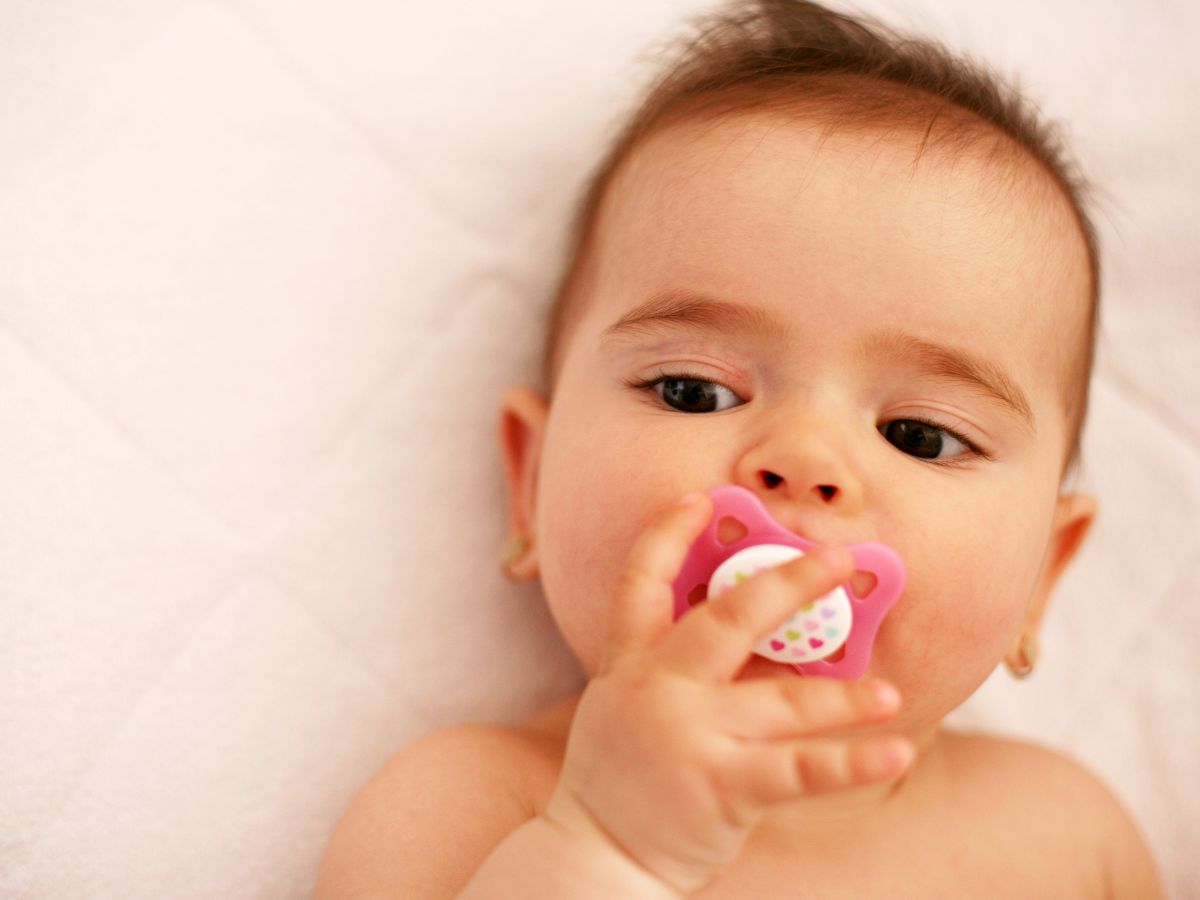Introduction
'Tis the season to be jolly, and for many new moms, that might include raising a glass in celebration. But wait, you might wonder, "Can I have a glass of wine while breastfeeding?" We're here to shed light on this common question and help you navigate the festive season with your little one in tow.
Understanding the Basics
As a new mom, your baby's well-being is your top priority. The good news is that the occasional drink is generally considered safe while breastfeeding. However, it's crucial to understand the dynamics of alcohol in breast milk and how it may affect your baby's milk intake and your milk supply.
Insights from Research
As a breastfeeding mother, the decision to consume alcoholic drinks involves careful consideration of various factors to ensure the well-being of both you and your nursing baby. Let's delve into some research findings and expert insights on this complex topic, covering aspects from alcohol intake to the effects on milk production.
Alcohol and Milk Production
Research conducted by Mennella JA and others has explored the impact of alcohol on breastfeeding and its potential effects on milk production1. The study suggests that while moderate amounts of alcohol may not significantly affect milk supply, excessive intake, such as binge drinking or heavy drinking, can lead to a decrease in milk production1.
Alcohol Exposure and Nursing Infants
A critical consideration is the amount of alcohol present in human milk. Studies have found that alcohol enters breast milk, with the level of alcohol influenced by various factors, including the mother's blood alcohol content1. It's crucial to note that even small amounts of alcohol in breast milk can impact a nursing infant, affecting factors such as the letdown reflex and the baby's sleep patterns1.

Maternal Blood Alcohol Levels and Reaction Time
The presence of alcohol in the blood stream is a key concern for breastfeeding mothers. Maternal blood alcohol levels can affect reaction time and overall sobriety, potentially impacting the ability to care for a newborn baby1. This is particularly relevant for new mothers who may experience altered reaction times due to alcohol exposure.
Long-Term Effects and Fetal Alcohol Spectrum Disorders
The effects of alcohol use during breastfeeding extend beyond immediate concerns. Prolonged exposure to alcohol and its long-term impact on infants may contribute to abnormal weight gain and pose risks of developmental issues, including the possibility of fetal alcohol spectrum disorders1. This underscores the importance of considering not only immediate effects but also the potential for lasting consequences.
Further Research and the Immature Liver
Ongoing research emphasizes the need for a better understanding of how alcohol is processed in the body, especially in the context of breastfeeding. The immature liver of young babies may not efficiently eliminate alcohol, making them more vulnerable to its effects1. Further research is crucial to explore the interplay between maternal alcohol consumption, developmental psychobiology, and the elimination of alcohol from the infant's system.
Recommendations and Insights
Authorities such as the Centers for Disease Control and Prevention (CDC) and the American Academy of Pediatrics (AAP) provide guidance on alcohol consumption for breastfeeding mothers. They recommend waiting a couple of hours after consuming alcohol before nursing to minimize potential effects on the infant1.
When you enjoy an alcoholic beverage, the alcohol passes into your bloodstream. The amount that reaches your breast milk is generally quite low, especially if you stick to moderate levels of consumption.
Factors that Influence Alcohol in Breast Milk
Several factors come into play, including the type of drink, your body weight, the amount of time since your last drink, and the concentration of alcohol in your blood. Understanding these factors can help you make informed decisions about breastfeeding after having an occasional glass of wine.
Moderation is Key
The American Academy of Pediatrics and the American College of Obstetricians recommend moderate alcohol consumption for breastfeeding mothers. A "standard drink" is considered safe, which typically means about 5 ounces of wine.
Timing Matters
To ensure the safety of your breastfeeding baby, plan your drink strategically. Having a glass of wine immediately after nursing can give your body enough time to metabolize the alcohol before the next feed. This way, you can minimize any potential impact on your baby's milk intake.
Expressing Milk
If you're planning to indulge a bit more, expressing milk before drinking can be a good idea. This way, you can offer your baby a bottle of breast milk while ensuring that any alcohol has cleared from your system by the time of the next feeding.
Consulting the Experts
When in doubt, consult your healthcare provider or a lactation consultant. They can provide personalized advice based on your health, your baby's needs, and your lifestyle.
Nurturing Celebrations without the Alcohol
For breastfeeding mothers navigating the holiday season, the quest for festive beverages is on! If you're looking to enjoy the festivities while ensuring there's less impact on breast milk production and a much-reduced level of alcohol, fear not. There's a plethora of non-alcoholic alternatives that promise both safety and a delightful experience for you and your baby.
Alcohol-Free Wine and the Safest Option
Embrace the essence of wine without the worry of too much alcohol. Opt for alcohol-free or de-alcoholized wine – a sophisticated choice for breastfeeding mothers seeking the safest option. These alternatives maintain the flavor profile without compromising on the health of your breastfed baby.
Mocktails: The Best Way to Enjoy without the Alcohol
Step into the world of mocktails, the best way to relish a beverage without the concerns of alcohol content. Craft your own alcohol-free mojitos, piña coladas, or cranberry spritzers, ensuring a safe and enjoyable experience for you and your baby. Check out our mocktail recipes: Spiced Apple Cider Mocktail and Virgin Bloody Mary.

Herbal Teas for Breastfeeding Bliss
Incorporate herbal teas into your celebration routine for a drink that aids in relaxation without negatively impacting breast milk production. Choose blends that promote deep sleep, like chamomile, and revel in the soothing effects that can enhance your breastfeeding experience.
Infuse Your Water
Elevate your hydration game with infused water, adding slices of citrus fruits, berries, or herbs for an exciting twist. This amounts to a refreshing alternative, ensuring you consume much water while avoiding the levels of alcohol found in traditional cocktails.
Healthful Considerations
Celebrating the holidays as a breastfeeding mother doesn't mean compromising on enjoyment. With these alternatives, you can navigate the festivities without concerns about alcohol concentration, harmful effects, or negative impacts on your precious breastfeeding journey.
Conclusion
So, can you enjoy a glass of wine while breastfeeding? Absolutely! Just remember to do so in moderation, consider the timing, and prioritize the well-being of both you and your baby. The holidays are a time for joy and celebration, and with a bit of planning, you can navigate them seamlessly while nurturing your little one. Here's to cheers, festivities, and the magic of motherhood!
Community & Support
We know the beautiful chaos of motherhood – the endless feedings, diaper changes, and sleepless nights. Amidst all this love and care, it's easy to forget about your own well-being. That's where EasyJug steps in – to make hydration a breeze for you.
Join our community of nurturing mothers and prioritize your health with EasyJug. Sign up now to receive exclusive tips on staying hydrated during your breastfeeding journey, along with special offers just for you.
Because when you take care of yourself, you can give your little one the best version of you. Let's hydrate together and thrive as moms!
References
Mennella JA, Beauchamp GK. The transfer of alcohol to human milk. Effects on flavor and the infant's behavior. N Engl J Med. 1991;325(14):981-985. doi:10.1056/NEJM199110033251403






